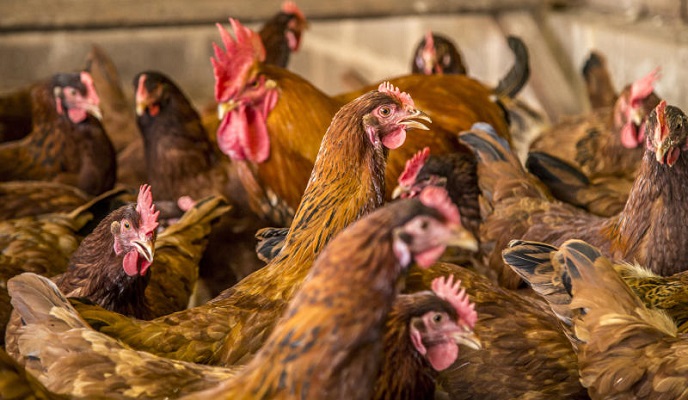

Humans make mistakes everywhere and learn from them. There are small mistakes that we laugh over, dust ourselves, take lessons and move on ensuring and swearing they will never again happen under our watch. However certain mistakes can have deadly and irreversible consequences and chicken farmers may have to exercise the greatest degree of care to avoid to them.
Predator Risks
The first and most important happens should be considered even before your very first chicken arrive. One of the greatest risk to chicken that can wipe off an entire flock apart from diseases is predators. The damage predators do can be very annoying and demoralizing. Predators sometimes kill chicken they can’t eat or kill numbers that are unsustainable for them to feed on. The farmer wakes up and finds all her two hundred chicken dead but only one is eaten. It is a macabre scene that can break even the very strong not to mention the enormous financial loss.Chicken houses needs to be predator proof.
Kienyeji Chicken Housing
When building a chicken house or after you have built, you need to exercise extra caution and check the roof, spaces between the roof and the wall, the wall itself and any wire mesh above it, the door and underneath. Some predators can fit in very small spaces and get into the coop and some have the capacity to rip apart meshes that are not properly fixed on the house. If a chicken house has a chicken run fenced around it, is advisable to ascertain if a predator can easily climb it and place the necessary precautions and amends. Predators come in various sizes and shapes. Snakes for example may kill you flock but may not be able to eat them if they are bigger. Fixing the chicken house to be predator proof is a giant foundation towards successful chicken rearing. Get into your chicken house, stand in there and check everything above you, across you and on the ground and be sure and satisfied that nothing will ever touch or gain entry into your chicken house.
Inbreeding
Another mistake to watch out for is the occurrence of inbreeding. While in breeding may confer certain desirable straits within the farm, a farmer needs to know when to stop it to avoid the running the risk of passing certain poor characteristics and maintaining them in the farm. Knowing how to maintain the line between having good genes and discarding harmful traits should be the hallmark of a successful farmer. Inbreeding can result into a generation of deformed and less productive stock.
Water
A third common mistake is the assumption on water. It is a common human presumption that chicken drink very little water. Nobody who doesn’t have a reliable source of drinking water should keep chicken. Chicken are heavy drinkers and the fact that most of the feed they eat is dry matter doesn’t help. Farmers should therefore provide generous quantities of drinking water daily, which is readily available, within reach and evenly distributed to all flock. Just like in the initial quest to make the chicken coop predator proof, the availability of water should be a cardinal consideration right from the outset.
Disease Management
There are so many common mistakes farmers continue to make like failure to prevent diseases through cleanliness and vaccination, responding to diseases as quickly as they occur, failure to isolate sick birds early before they infect others and wipe out the whole flock, failure to provide for a sick bay to facilitate quarantine or separation of sick or suspicious birds from healthy ones, giving moist or moulding feed and generally failing to check on the flock particular in farms where they are many.
While other common mistakes will be discussed in subsequent articles, farmers should continually be in the lookout to avoid the very costly mistakes that can lead to heavy losses or those that wipe off entire flock as those mentioned above.
In the end chicken farming is only profitable if give it the utmost care and maintenance that we extend to any other business venture or personal project, even for those doing it as hobby and would desire to see clean, healthy birds in their backyard.
 Contact Jaguza Support
Contact Jaguza Support